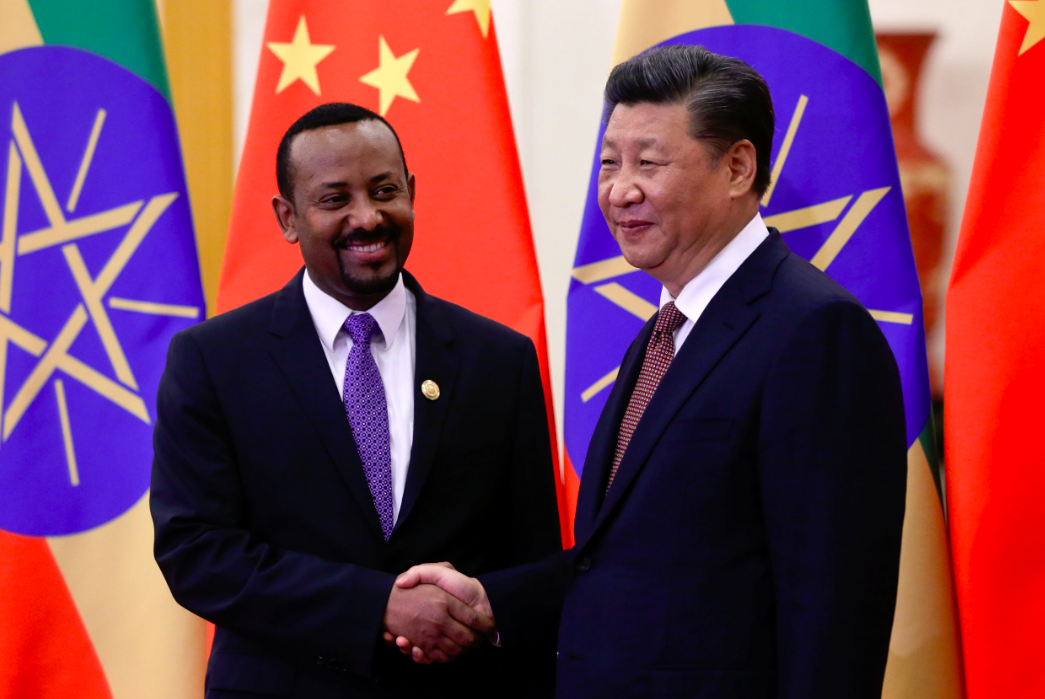Views on China
China has significantly expanded its global influence, particularly in Africa, through its "Belt and Road" initiative in recent years. However, a series of articles by Cao Fengze, a resident engineer of China Electricity Construction Group (CECG), has sparked a national conversation about the country's external communication and cultural hegemony. Cao's experiences and reflections examine the implications for China's relationships with African nations. My comments follow.
Examinations
Cao Fengze's article highlights the limitations of the single evaluation system prevalent in East Asian societies. The emphasis on academic achievement and rankings often narrowly focuses on personal success rather than fostering a broader appreciation of individual growth and development. According to Cao, this mentality can result in a lack of empathy and understanding towards others, particularly in high unemployment and social sector involution.
Unfortunately, this ‘single system’ is prevalent in most countries, not just in East Asia. I go further and suggest that relying on exam results is a major cause of student anxiety and poor mental health, but worse, it is a waste of precious time and resources. Such ‘learning’ is rapidly forgotten and achieves little for society.

Africa: Beyond Stereotypes
Cao's African experiences have taught him that the perception of Africans as lazy and unproductive is misguided. He notes that workers are, in fact, hardworking and disciplined and that they possess a strong work ethic. However, he acknowledges African countries' challenges, including population growth outpacing economic progress. Cao argues that China must recognise these realities and adopt a more nuanced approach to its relations with Africa, moving beyond the simplistic stereotypes and recognising the diversity and complexity of the continent's cultures and peoples.

This is undoubtedly one of the world’s problems, not just China’s. The Western world, especially, sees the world in its image. Western governments and people continue to preach their values to other nations as if they are the only source of truth and morality. Colonialism is alive and well. Colonialism preaches moral certainty. The reality is that even in one country, tribe or culture, many diverse views exist. It is undoubtedly one of the world’s great mistakes not to recognise this.
Belt and Road: Mutual Benefits or Neo-Colonialism?
Cao raises important questions about China's "Belt and Road" program (BRI), specifically regarding the nature of aid and investment in developing countries. While some view China's activities as neo-colonialism, Cao suggests that a two-way, mutually beneficial relationship is essential for long-term success. He argues that Chinese companies should focus on commercial contracts and humanitarian aid rather than assisting. This approach would benefit both parties and foster greater understanding and collaboration between nations.

Many countries offer ‘foreign aid’. One can view this as a patronising or a humanitarian policy. China’s BRI may also be a way to gain influence over countries in which the West has not been interested. An old saying about aid is: “Don’t give poor people fish; teach them how to fish.” I agree with Cao that China (and other donor countries) needs to do more than build projects and give out aid.
China's External Communication: A Call for Improvement
Cao highlights the need to improve China's external communication, particularly in Africa. He notes that while China has made significant economic inroads in the region, there still needs to be a greater understanding of China's presence in Africa. Additionally, Cao points out that Chinese people need help with international communication, as their cultural background and language barriers can lead to misunderstandings and negative perceptions. To address this issue, Xi Jinping has emphasised the importance of strengthening international communication expertise and creating a new approach to disseminating its ideology and cultural norms.
China does not yet grasp the West’s preoccupation with and skills in communication. And why should it? Actions, after all, speak louder than words. Even Western people are dismayed by the ‘spin’ that Western politicians and media put on their policies and actions. Facts and logic come out less persuasive than prejudice and emotion. Yet China can do more to show the world its sincerity and principles. It will never be enough, and the need for China to explain itself may seem demeaning to some. Yet this is the way the world has gone. China aims to facilitate a better, more peaceful world, bringing people with it by the most effective means.
Worked on the article:

Wanlikhang





